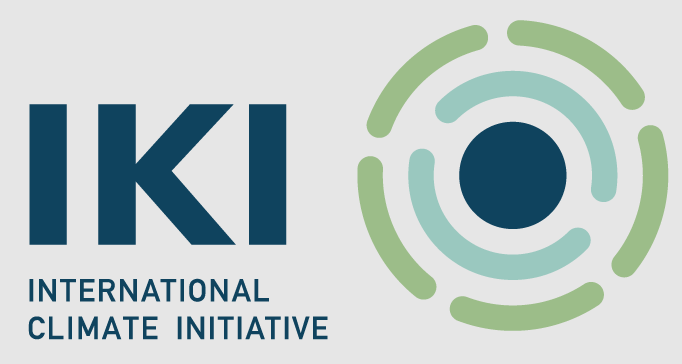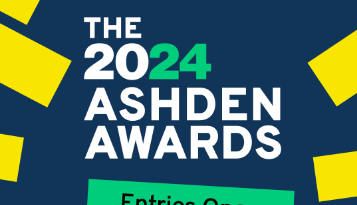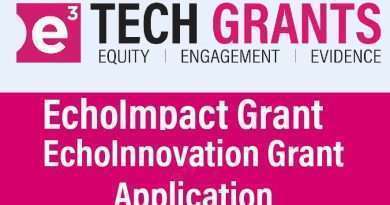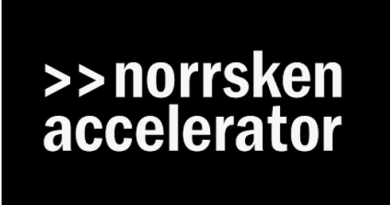Grant Invitation for Small NGOs: The IKI Small Grants 5th Call Open for Applications (up to EUR 200,000 grant)
The 5th edition of the ‘Call for Proposals’ for the IKI Small Grants component ‘International Calls’ will commence on January 17, 2024, at 00:01 CET. We eagerly await the submission of applicants’ proposals until the deadline on March 13, 2024, at 23:59 CET. All project proposals must be submitted through the newly introduced IKI (Internationale Klimaschutzinitiative or the International Climate Initiative ) Small Grants application platform. You can find the link to the platform on the final slide of the widget provided. Prior to entering any data on the platform, we encourage you to utilize the tool to verify if your organization and project idea meet the eligibility criteria for funding.
Objective
- The IKI Small Grants program is an additional tool within the International Climate Initiative (IKI). Its purpose is to assist small, local organizations in carrying out their climate and biodiversity projects.
- The IKI Small Grants program is commissioned by the Federal Ministry for Economic Affairs and Climate Protection (BMWK) in collaboration with the Federal Foreign Office (AA) and the Federal Ministry for the Environment, Nature Conservation, Nuclear Safety, and Consumer Protection (BMUV).
- The IKI Small Grants program primarily targets small regional, national, and local organizations in ODA eligible countries. Through annual calls for proposals, the program provides project funding to promote active engagement of civil society and implement effective, locally tailored approaches to address the impacts of climate change and biodiversity loss.
- Additionally, it supports small implementing organizations in enhancing their capacities and strengthening their professional networks through customized measures. This is aimed at empowering them as catalysts for climate and biodiversity action at the grassroots level.
Focus on IKI Funding Areas
Project proposals must clearly concentrate on one or more of the following four IKI funding areas:
1. Mitigating greenhouse gas emissions
2. Adapting to the impacts of climate change
3. Conserving natural carbon sinks/REDD+
4. Conserving biological diversity.
Priorities
- The projects that are explicitly encouraged by IKI Small Grants encompass a range of objectives. These include supporting the implementation or increasing the ambition of nationally determined contributions (NDCs), as well as taking action on the ground to contribute to the UN Decade on Ecosystem Restoration 2021-2030.
- Additionally, the projects aim to address the risks, challenges, and opportunities posed by global megatrends such as increasing demand for natural resources, rapid urbanization, digitalization, and pandemics, all within the context of climate change and biodiversity loss.
- Furthermore, the projects seek to support a just transition of economies towards decarbonization, with a particular focus on ensuring fair social change for vulnerable groups. They also aim to strengthen networks, promote knowledge sharing, and foster cooperation among organizations working on climate change and biodiversity-related issues.
- Additionally, the projects aim to develop and promote the use of climate smart technologies, contribute to awareness building and education regarding climate change and biodiversity, and engage in cross-sectoral and multi-stakeholder cooperation, including the involvement of the local population.
- It is important to note that the funding range for project proposals selected by IKI Small Grants is between EUR 60,000 and EUR 200,000.
Project Duration:
The project duration ranges from a minimum of twelve months to a maximum of two years. However, in exceptional cases, projects may be considered for a duration of up to three years if there is appropriate justification. It is important to note that project commencement should be planned for the first quarter of 2025 or later.
Eligibility Criteria:
- Generally, applicants must be not-for-profit organizations to be eligible for funding.
- However, private companies can also be considered if their proposed projects strictly align with non-profit objectives.
- On the other hand, individuals, one-person organizations, and governmental organizations are not eligible for funding.
- Applicants must be based and registered in countries that meet the criteria for Official Development Assistance (ODA) as defined by the Development Assistance Committee (DAC) of the Organisation for Economic Co-operation and Development (OECD).
- It is important to note that proposals for projects in countries that are official or potential candidates for EU membership, except for Ukraine, are not eligible for IKI Small Grants.
- Additionally, organizations that are not financially and legally independent, as well as branches of organizations based in non-eligible countries, cannot be funded.
- The applicant organization must have been operational for a minimum of three years (36 months) by the submission deadline. Furthermore, over the past three years, the applicant organization must have generated an average annual revenue ranging from EUR 60,000 to EUR 500,000.
- To ensure proper financial management, the applicant organization must have dedicated accounting staff and follow accounting principles that incorporate both internal and external control mechanisms.
- Additionally, the organization must utilize a software-based accounting system that complies with the national standards of their respective country.
- It is important to note that the applicant organizations must implement the projects themselves.
- Consortia are not eligible as this would involve transferring project funds from the lead organization to partners within the consortia, which is not permitted.
Ineligible
- In the current call for proposals, IKI Small Grants does not provide support to government organizations such as ministries, municipalities, and public universities.
- Additionally, branches of organizations based in a non-ODA country are also ineligible for funding.
- Consortia are not eligible as well, as this would involve the transfer of project funds from the lead organization to partners in the consortia, which is not allowed.
- Research projects will not be financed unless they have a strong implementation component. This means that basic research projects focused mainly on data collection, evaluation, and publications are not eligible.
- However, projects that primarily address the needs of target groups and bring about significant changes in the funding areas of IKI Small Grants are encouraged to conduct project-related research as a secondary activity.
Application
- For more detailed information visit the International Climate Initiative website.
- Deadline: 13-Mar-24
- During the application period, IKI Small Grants will be offering consultation hours until March 13, 2024. The specific session times will be made available here. If you have any inquiries regarding your IKI Small Grants application, please feel free to join these sessions.





